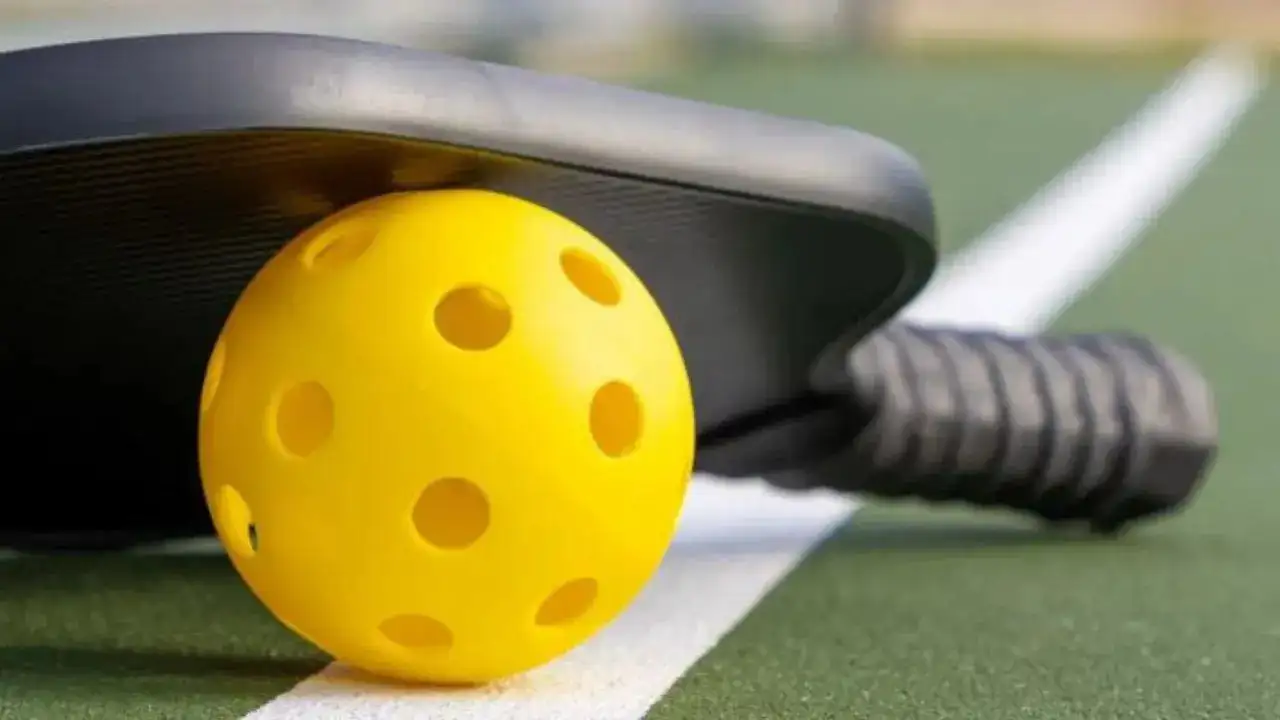
REPRESENTATIVE PHOTO of pickleball paddle and ball.
DUPR, the global pickleball rating system designed to provide an accurate and dynamic measurement of a player's skill level, has made a major update to its rating algorithm. From now onwards, a player’s rating will be determined based on their actual performance on the pickleball court instead of wins and losses. DUPR made an official announcement in this regard on Tuesday, stating that the rating will be based on a "performance vs. expectation" system.
“Every match has an expected score, calculated from the ratings of the players involved. If you score more than expected, your DUPR rating will go up - even if you lose. If you score less, it will go down - even if you win,” DUPR explained in its announcement. “Whereas before, the winning team would always go up and the losing team would go down.”
How does the DUPR rating algorithm work now?
The DUPR rating algorithm now works based on a point-based scoring system. Suppose a player is expected to win 11-3 but wins 11-8 - in that case, their DUPR rating will go down. The losing player will benefit because they were expected to score fewer points. Hence, the losing player’s rating will go up.
Example of a singles scenario:
If you’re a 3.5 playing against a 4.0, the expected score is 5–11. If you instead lose 9–11, you have overperformed expectations, so your rating will go up.
DUPR believes the latest update is another step in the right direction for rating accuracy and that it enhances the overall player experience.
“Bottom line: every point counts. Whether you're the underdog or the favorite, the algorithm rewards players who perform above expectations,” mentioned the DUPR announcement. “Even if you lose, proving you can compete at a higher level will improve your DUPR rating.”
